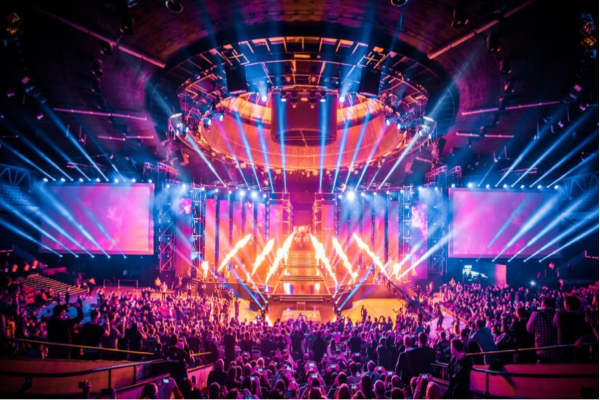I’ve never been a gamer, or at least not a very good one. But there is one gaming trend I’ve found it impossible to ignore and instead become slightly in awe of, and that is eSports.
I attended a couple of eSports panels last week at the ESI [eSports Insider] event in London, listening to a number of talks from industry experts, from those promoting grass-roots participation through to the huge brands playing in the space already. So, if like my parents, and until recently myself, you would currently consider yourself an eSports novice then this primer might be for you.
It would have been easy to begin by talking about the huge amount of money and brands flowing into the industry, or the 2018 trend of the year – battle royale style game Fortnite that has grown exponentially over the last 6 months. But we’ve done that before.
So instead of talking numbers in this blog I’ll talk – the who? Who are the fans and consumers driving the growth of this emerging industry? And what do they want? And why could understanding them offer such a huge opportunity?
Firstly, there is a lot more to it, than the by-your-self solitary gaming that many people assume, and worry about. Instead, eSports, and competitive gaming is teaching many, who may not traditionally have been ‘sporty’, about competition, strategy, and team work on a non-discriminatory platform.
Secondly, this is producing a global network of fans and players between 13-30, who are attending, watching, and competing in events in the thousands. Events that are to a much greater extent than many other live sporting events I’ve attended, lacking in alcohol-induced behaviour or any form of hooliganism. Instead fans choose to spend money on the experiential event-based entertainment instead – something more aligned to a rugby sevens tournament than a classic football match. As a new form of sport emerges, it appears a new form of fan may be following too.
Thirdly, there is a huge amount of passion in this expanding audience, for both the games, the industry, and the players. This goes for those who follow their favourite streamers at home, watch tournaments with their mates, or compete in their local grassroots tournaments with the dream that one day they might be a professional gamer – now a popular ambition alongside the sports, pop, and movie star dreams from recent years.
And because of this final observation, whilst there is huge opportunity to talk to these consumers, they long for something authentic. They’re looking for an experience and brand that understands their passion, can talk in their language, and instead of cutting and pasting their logo onto a team shirt, will act instead to support and grow the sport as a whole. The Mercedes eSports ad and DHL’s VR experience at tournaments are some examples of brands speaking the ‘eSports Language’.
More thoughts and observations on this emerging industry and opportunity to follow.


